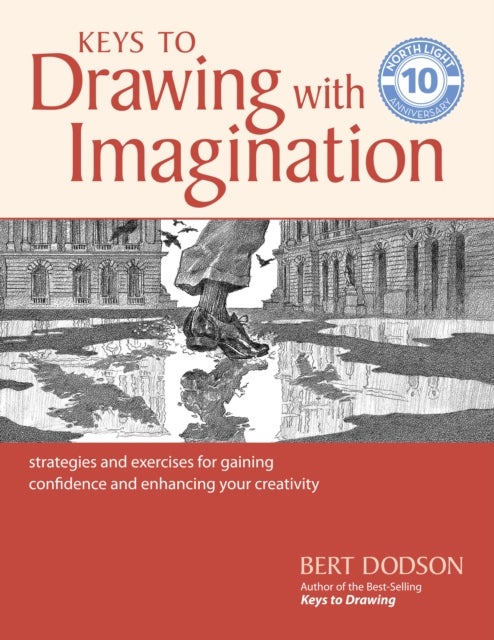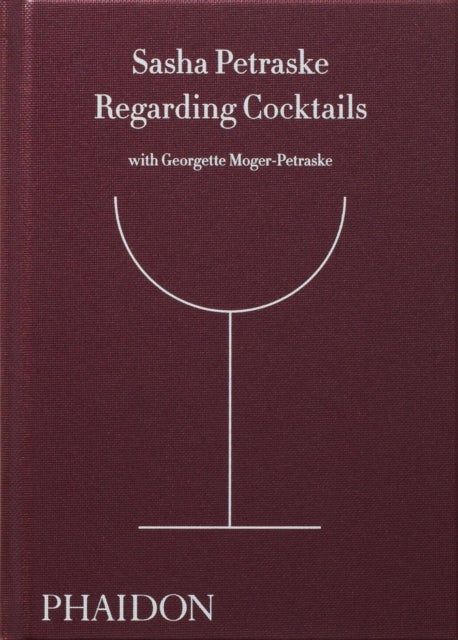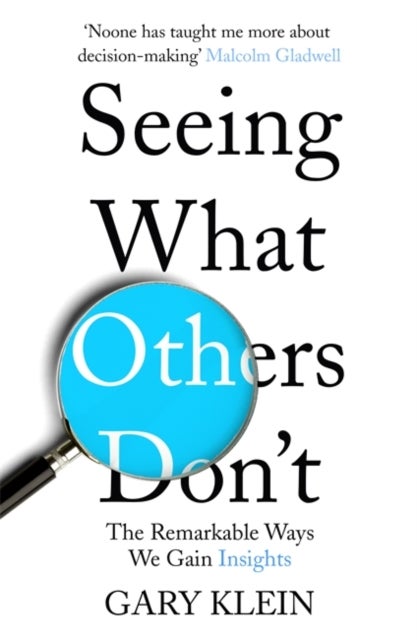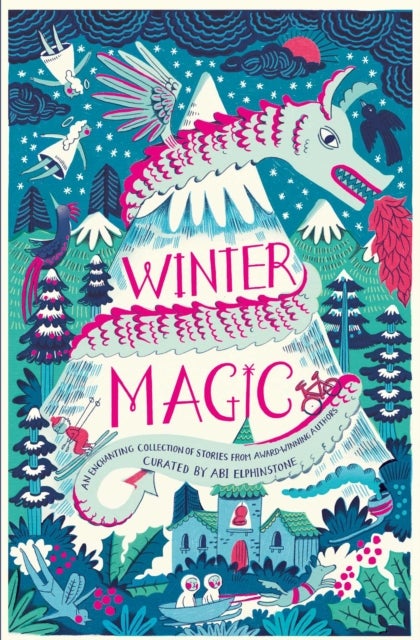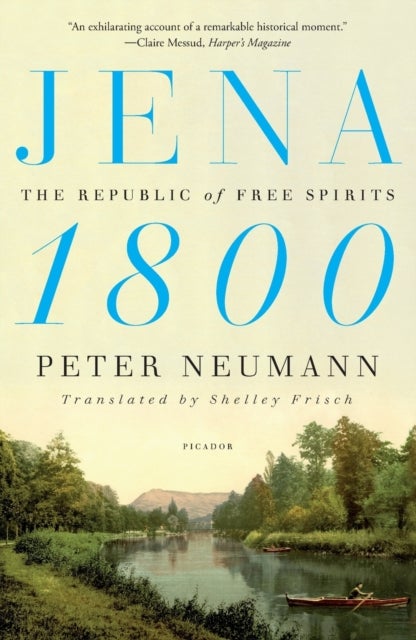
Jena 1800 av Peter Neumann
229,-
<p><b>¿An</b><b> exhilarating account of a remarkable historical moment, in which characters known to many of us as immutable icons are rendered as vital, passionate, fallible beings . . . Lively, precise, and accessible.¿</b><b>¿Claire Messud, <i>Harper¿s Magazine</i></b><br><br>At the turn of the nineteenth century, a steady stream of young German poets and thinkers coursed to the town of Jena to make history. In the wake of the French Revolution and the Napoleonic Wars, confidence in traditional social, political, and religious norms had been replaced by a profound uncertainty that was as terrifying for some as it was exhilarating for others. Nowhere was the excitement more palpable than among the extraordinary group of poets, philosophers, translators, and socialites who gathered in Jena.<br><br>This village of just four thousand residents soon became the place to be for the young and intellectually curious in search of philosophical disruption. Influenced by Johann Wolfgang von Go


